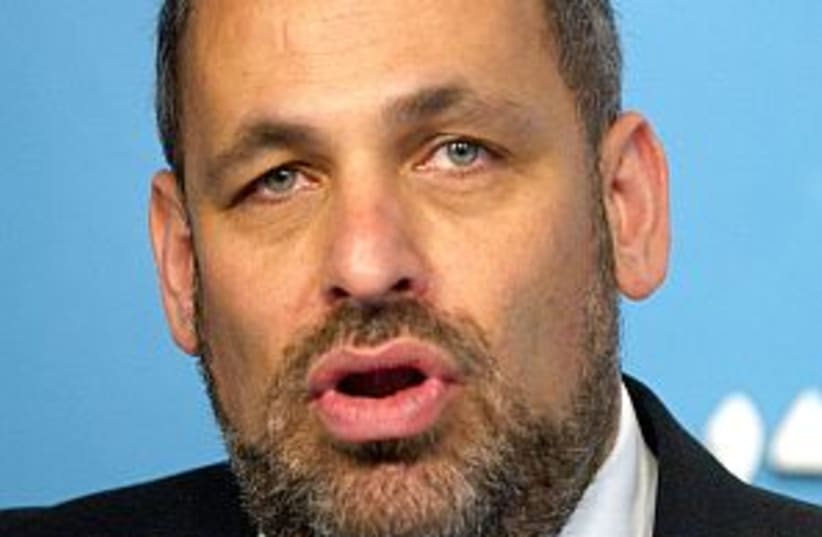| More about: | Ronit Tirosh, Ariel Sharon, Limor Livnat, Shlomo Riskin |
Education reform - failed promises
Last January, Livnat announced the launch of wide-ranging administrative and educational changes.


| More about: | Ronit Tirosh, Ariel Sharon, Limor Livnat, Shlomo Riskin |